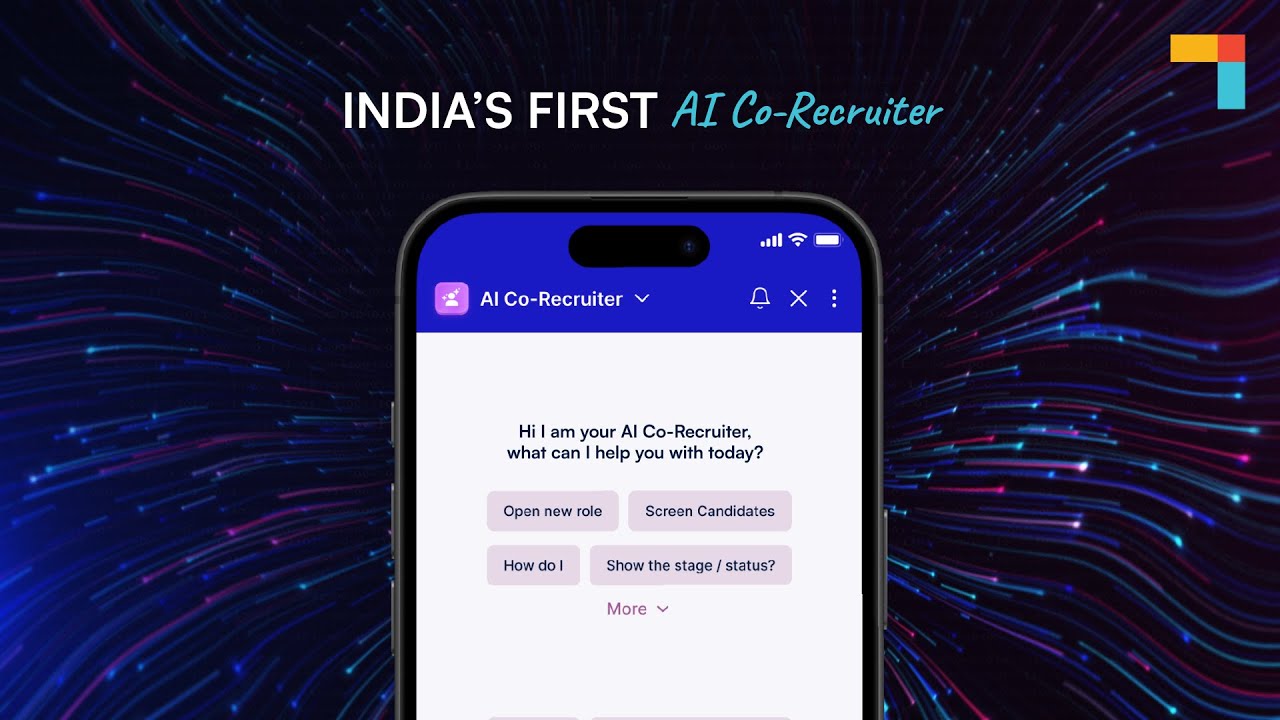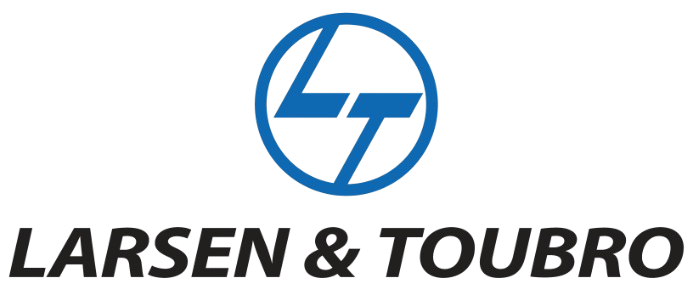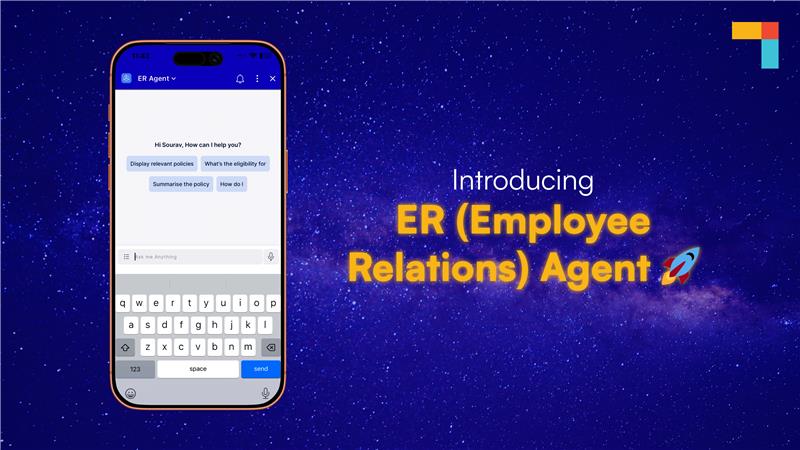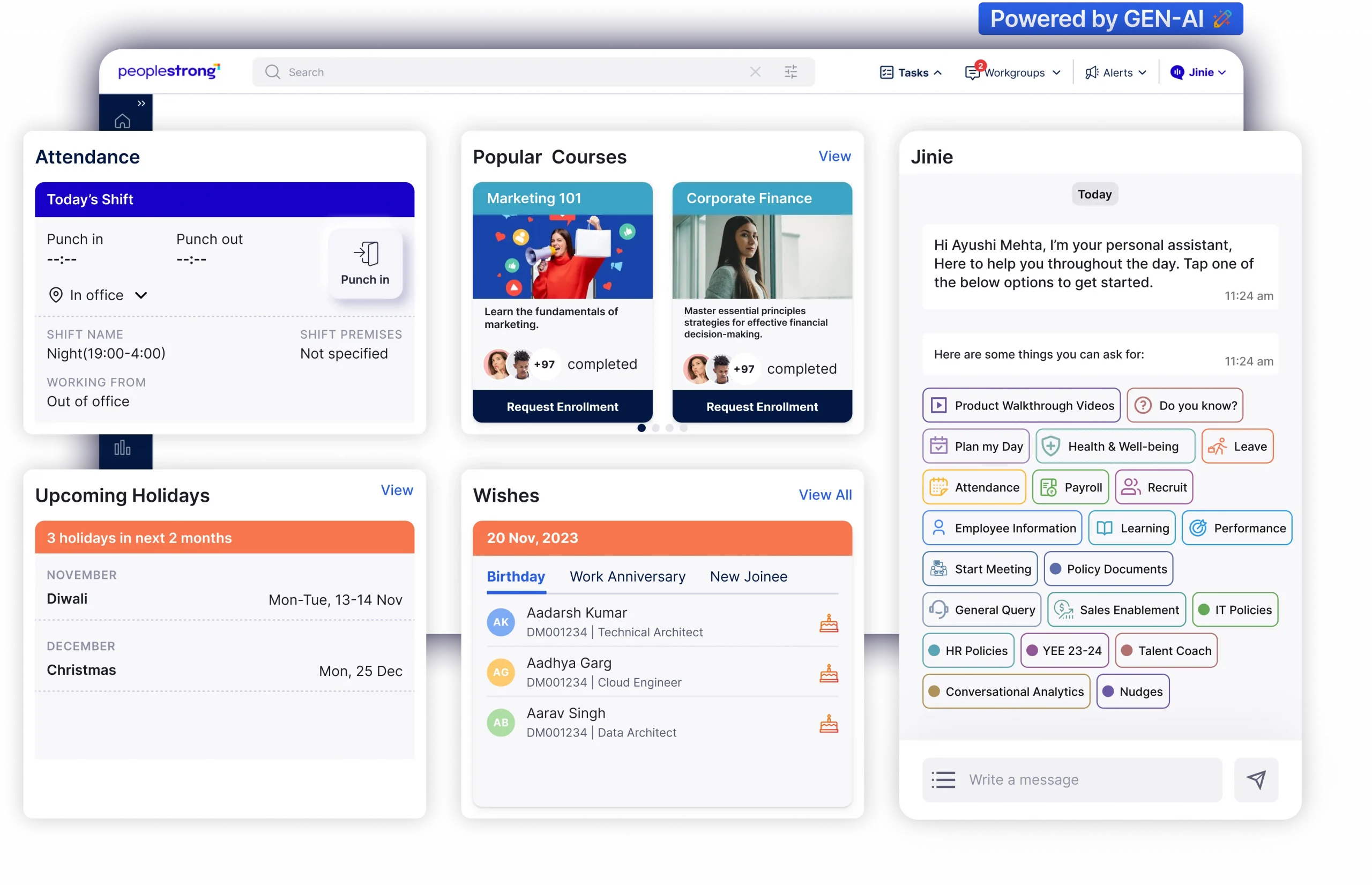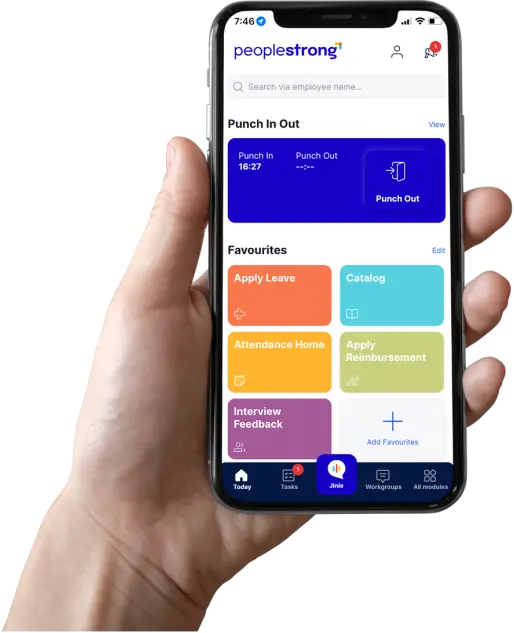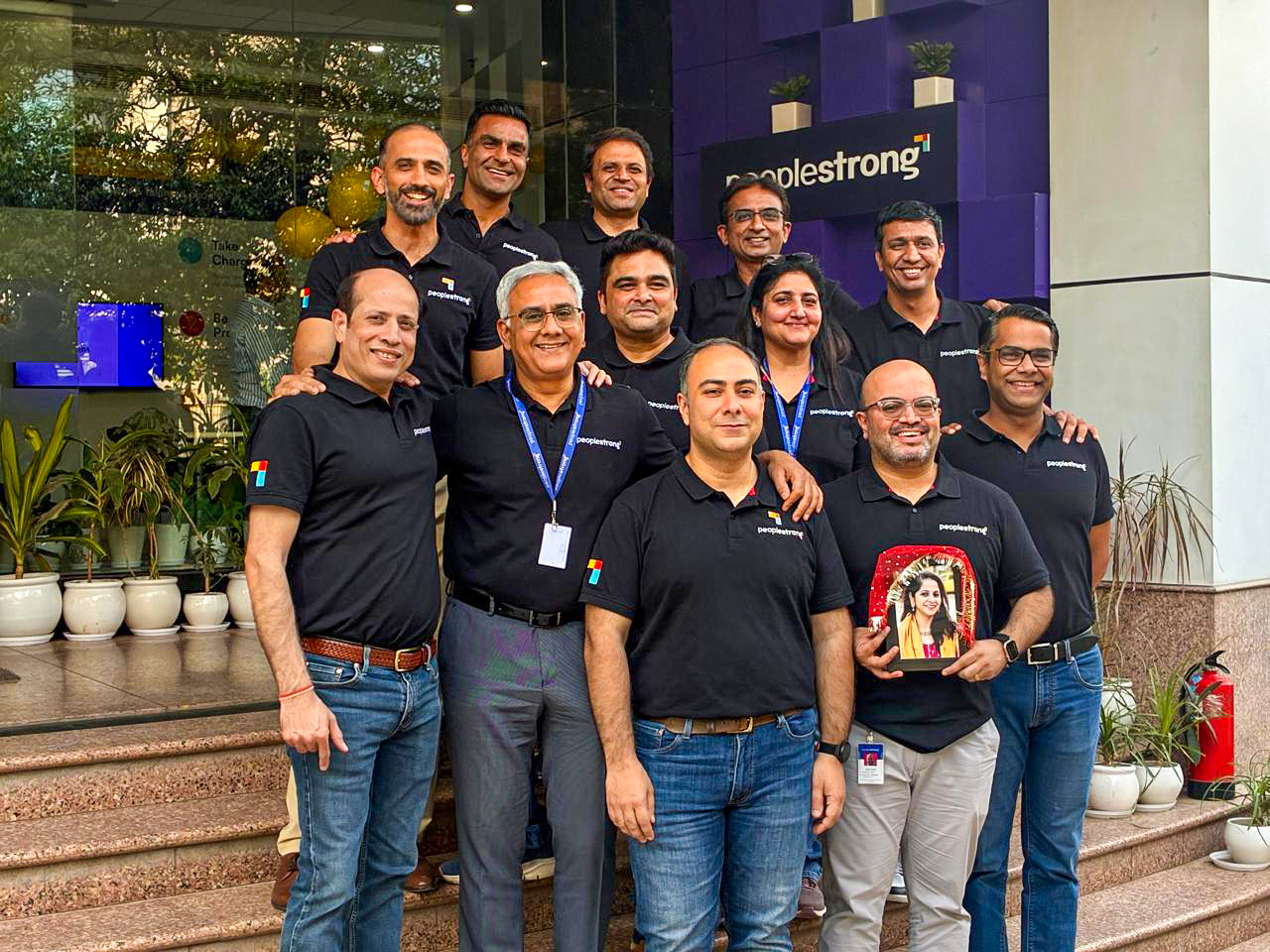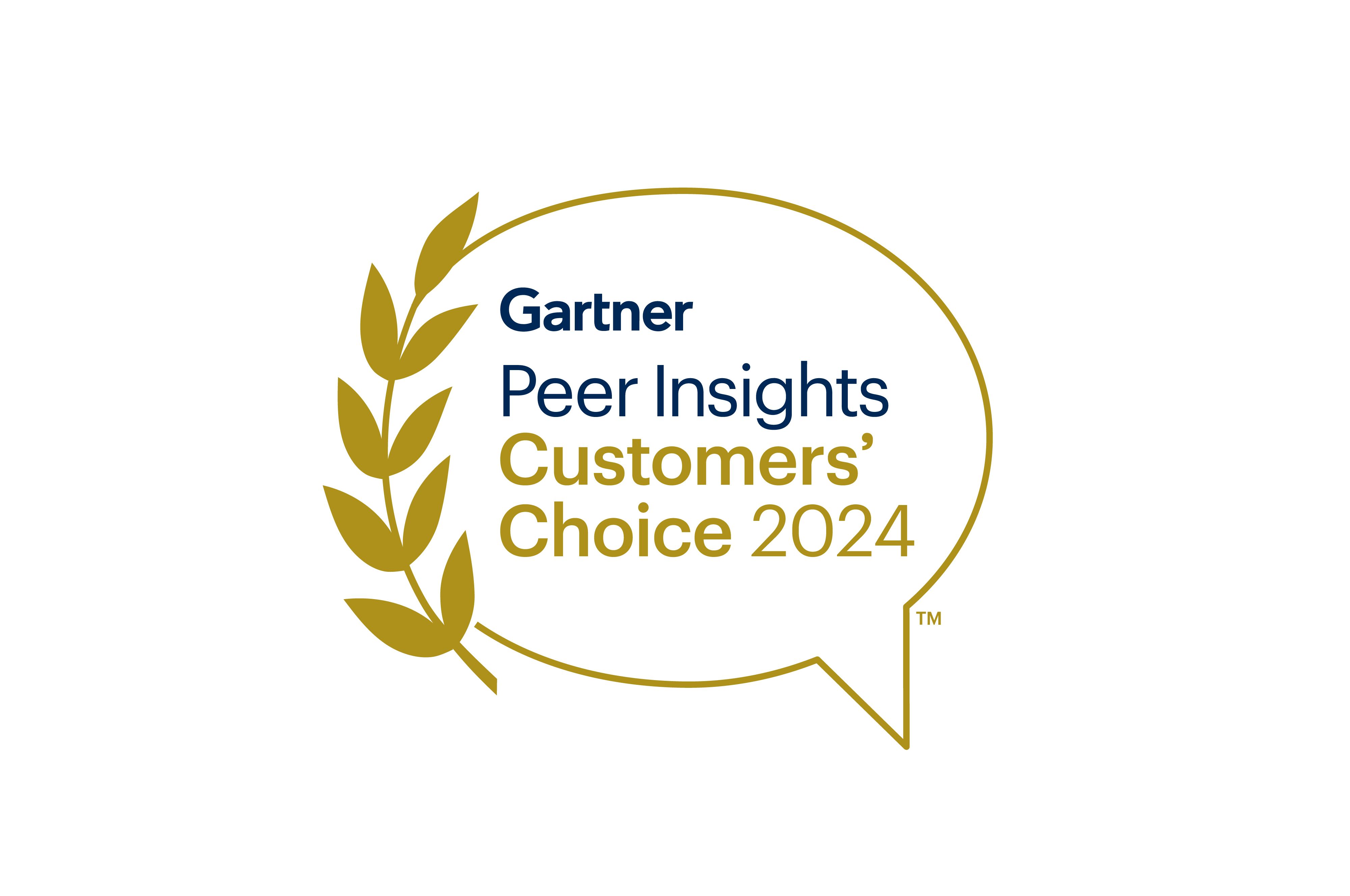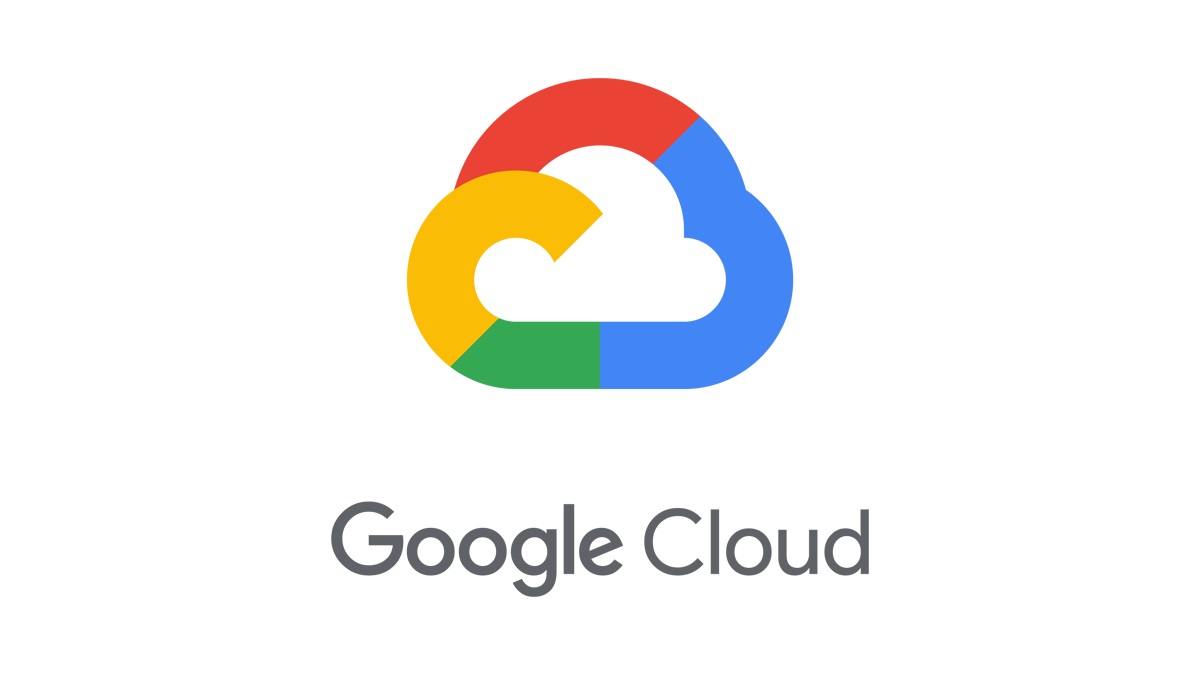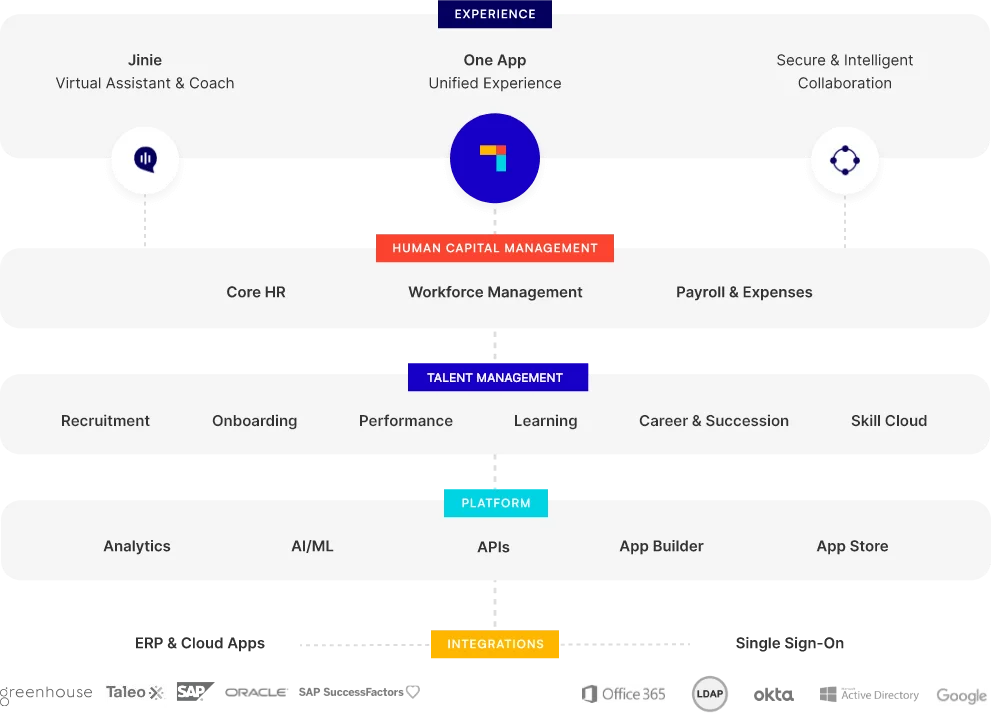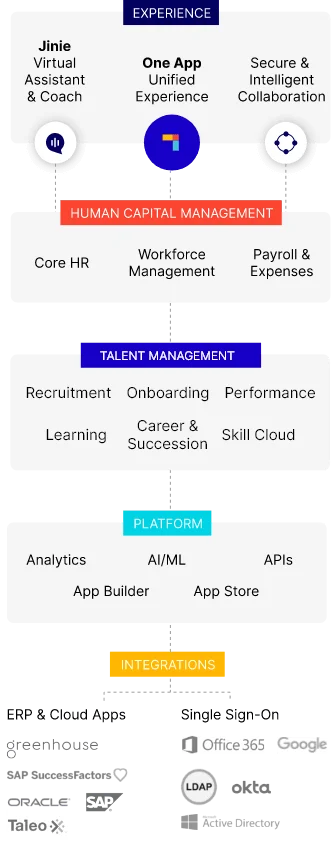Businesses face a unique set of challenges in the MEA (Middle East and Africa) region. These countries have different regulatory environments, cultural nuances, and distinct working practices.
Studies have suggested that a hybrid HR approach that combines Middle Eastern and other characteristics with Western systems will work best. This approach will help to navigate complex labor laws of Saudi Arabia and the UAE, the business environments of South Africa and Nigeria, and other regulations.
In this context, an advanced HRIS (Human Resource Information System) is indispensable. Integrating such a system is a crucial element of effective HR policies nowadays.
An HRIS streamlines operations, ensures compliance, and enhances overall efficiency. When properly used, it optimizes processes, from recruitment to payroll.
In fact, a new survey finds that over 25 percent of businesses opted for HRIS to improve and streamline administrative processes, allowing their HR departments to focus on more strategic areas.
Let’s understand HRIS software, its importance, and how you can select the ideal system for your enterprise in the MEA region.
What is HRIS Software, and How Does It Function in the MEA Region?
An HRIS is a software system designed to handle many HR functions efficiently and effectively. In fact, it can be thought of as a centralized digital hub. This hub brings together different aspects of employee management in one place, making them easy to access and manage.
The main functions of an HRIS include:
- Handling information about employees
- Processing payrolls
- Supervising hiring
- Managing performance reviews
- Ensuring adherence to regulations
- Creating data-based summaries
In the MEA region, an HRIS must be tailored to address the above core functions.
For each function, there needs to be an adaptation to different environments. Countries may have varying worker laws, tax calculations, and regulations. Employee perks and legal reporting requirements also need customisation. The HRIS needs to handle these seamlessly.
HRIS: Key Functions and Features
A study reveals that more than 70% of companies are considering adopting an HRIS. The key reason for this is to support their growth. Here is why businesses in the MEA region should do the same.
1. Employee Data Management
An HRIS creates a central database for storing employee records like personal information, job history, and performance metrics. This feature allows HR professionals to have immediate access to accurate and up-to-date information, enhancing decision-making and operational efficiency.
2. Payroll Processing
The system automates payroll processing to facilitate timely and accurate salary payments. This function is carried out in adherence with tax and labor regulations in the MEA region.
For example, in Saudi Arabia, an HRIS manages the mandatory wage protection system. In South Africa, it navigates the ins and outs of the country’s tax laws and wage deductions. Such automation helps to lessen errors and streamline payroll management across jurisdictions.
3. Benefits Administration
An HRIS makes managing employee benefits more efficient. Some examples are the end-of-service benefits in the UAE and medical insurance in South Africa. The system can be customized to meet regional benefits requirements.
These include factors such as gratuity calculations in Gulf Cooperation Council countries and pension contributions in African nations. All these processes ensure that benefit administration is accurate, compliant, and headache-free.
4. Recruitment and Onboarding
An HRIS greatly simplifies the recruitment process by automating job postings, tracking applications, and conducting initial checks. It also streamlines the onboarding process so that new employees find it easier to integrate into the organization.
This feature is particularly valuable for businesses in the MEA region. Effective onboarding is essential in markets where the way that new hires are welcomed and supported influences employee satisfaction.
5. Performance Management
The performance management tools of an HRIS help to monitor employee performance. With these tools, HR professionals can set and monitor goals and conduct evaluations.
This function is helpful for businesses operating across markets where performance criteria and management practices may differ. It allows organizations to tailor performance management to fit local expectations and standards.
6. Compliance and Reporting
Compliance with local labor laws and regulations is essential. In this context, an HRIS can generate reports that adhere to regional requirements, such as South Africa’s Employment Equity Act. This feature helps enterprises avoid legal pitfalls and provides insights for strategic HR planning.
The Benefits of HRIS for MEA Businesses

Let us spell out the advantages of HRIS in MEA countries.
1. Streamlining HR Processes
An HRIS automates daily tasks to reduce the burden on HR departments. A common example across companies is wage and benefit payments. With this function, HR people get free time to focus on strategic initiatives.
2. Improving Data Accuracy
An HRIS minimizes discrepancies by unifying employee data in a centralized base. This feature can ensure that employee information is automatically accurate and always up-to-date.
3. Enhancing Reporting and Analytics
To aid in informed decision-making, the system can generate data insights via analytics to help enterprises with decisions. HR departments can generate reports on workforce demographics, performance, and compliance. All of these reports can be tailored to the specific requirements of various MEA countries.
4. Creating Employee Engagement
An HRIS also aids employees, as they can log in to check their personal information, view payments, and track their leave status. The result is better work satisfaction and engagement. This advantage of HRIS can be especially crucial in regions with diverse employee needs and expectations.
5. Ensuring Compliance
Enterprises need to stay up-to-date with regulatory changes across various MEA countries. An HRIS can be programmed for automatic compliance tracking to minimize the risks of legal issues. It ensures that the company sticks to regional labor laws for smooth operations.
6. Bringing About Cost Efficiency
To reduce operational costs, an HRIS automates HR processes. This brings about a powerful return on investment by boosting productivity. The system streamlines tasks and minimizes errors, and thus contributes to overall savings.
Choosing the Right HRIS for the MEA Region

The section above should have already given you some idea of what to look for in an HRIS. Here are some additional points to keep in mind.
- Localization: The HRIS needs to work with local languages and currencies, so that it remains functional across countries.
- Mobile Interface: With a mobile phone interface, HR personnel and employees can access data and details at any location and any time for better productivity.
- Self-Service: A self-service platform means that employees can look up their own information independently. For example, they can view payment details and request leave.
- Support and Updates: You need ongoing support and upgrades to ensure that the system remains compliant and working smoothly at all times.
- Reviews: Online reviews from companies in the MEA region can reveal more details of the system’s strengths and weaknesses.
- Custom Reporting: With flexible reporting options, the HRIS data will be able to align with specific corporate goals and needs.
- Timeline: Be clear about the timeline for implementation. Clarity helps in allocating resources and a smoother transition to the new system.
- Training: Find out if the vendor provides adequate training and onboarding. This is important for quick and fuss-free usage.
- Integration: Another factor is the HRIS’s ability to work with other systems and platform. For example: learning management systems or performance management tools that may be in use.
HRIS Implementation Tips in the MEA Region
The right implementation can enhance the working of an HRIS. Here are some tips:
- Set Clear Goals: Establish clear objectives for the HRIS implementation. Some of these could be improving efficiency, enhancing compliance, and improving employee satisfaction. Explore how the HRIS helps with data analytics, one of the top HR trends of the year.
- Carry Out Testing: Before full-scale deployment, it makes sense to run a small pilot of the HRIS to identify and address any issues or bugs.
- Involve Stakeholders: An HRIS involves employees in all departments and management. You should get input from key people throughout the implementation process to ensure that the system meets their needs and addresses their concerns.
- Plan Data Migration: A plan should be developed to migrate existing employee data to the HRIS software in a way that avoids errors and ensures accuracy.
- Provide Training: The way people use an HRIS makes a big difference. Provide training to HR personnel and employees to ensure that they take advantage of its features.
- Monitor Performance: Monitoring the HRIS’s performance should be an ongoing process. Gather feedback from all concerned to spot improvement areas and make necessary adjustments.
- Ensure Compliance: From the start, keep track of labor laws and regulations across MEA countries. This ensures that the HRIS complies with the rules.
- Plan Maintenance: Schedule regular updates and backups. This step ensures that the HRIS remains up-to-date and protected against data loss.
Importance of HRIS for MEA Enterprises: Summing Up
To sum up, an HRIS is an essential tool for managing HR functions in the MEA (Middle East and Africa) region. Its advantages can uplift the operations of organizations operating in this region by streamlining processes, ensuring data accuracy, and ensuring compliance.
When selecting between types of HRIS for your company, many factors must be considered. Some of these are your company’s special needs, the regulatory landscape of the MEA region it operates in, and the challenges in these markets.
Taking this holistic approach can ensure that the HRIS is in sync with organizational objectives and regional requirements.
To find an HRIS solution that helps you navigate the issues of the MEA region, get in touch with PeopleStrong. Our team of experts will be happy to help you explore options to meet your needs and goals.
Get started today to help your HR professionals!
